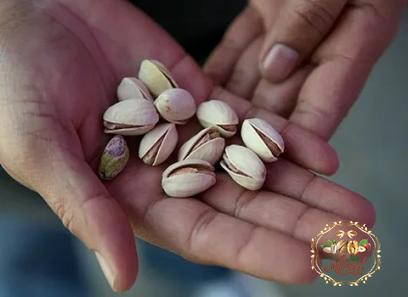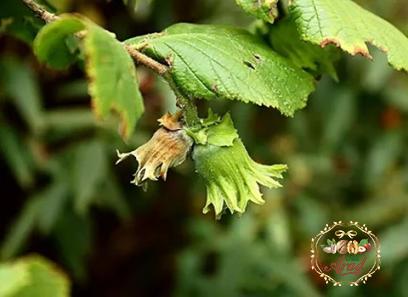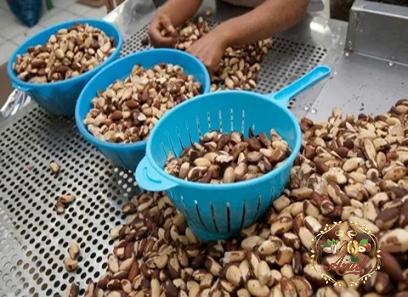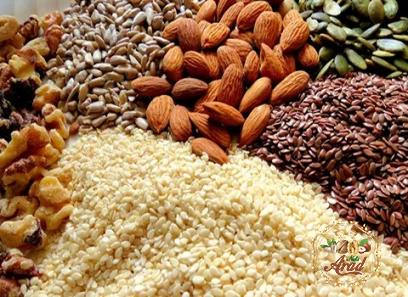Cashew nuts are a beloved and nutritious snack enjoyed worldwide. With the global demand for cashews consistently on the rise, it is essential to understand the various aspects related to the raw cashew nut exporting countries. This article will delve into the key features of these countries, highlighting their advantages and disadvantages.
I. Buying Raw Cashew Nut Exporting Countries:
Raw cashew nut exporting countries are crucial players in the cashew industry, providing the global market with a steady supply of this sought-after commodity. These countries primarily hail from tropical regions, including West Africa, Asia, and South America, where the cashew tree thrives under favorable climatic conditions. Some prominent raw cashew nut exporting countries are Vietnam, the Ivory Coast, India, Benin, and Brazil.
II. Features of Raw Cashew Nut Exporting Countries:
Raw cashew nut exporting countries exhibit several distinguishing features that contribute to their prominence in the cashew industry:
1. Vast Cashew Cultivation:
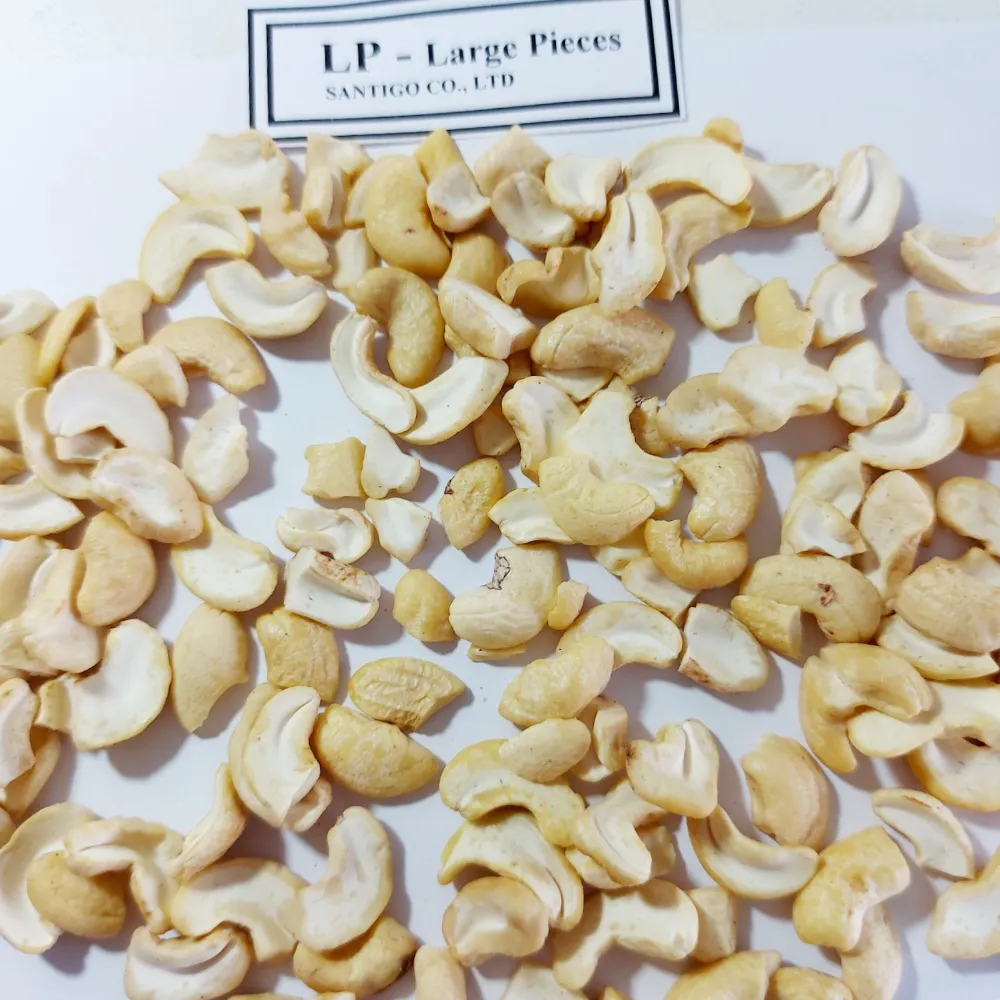
These countries boast large areas of land dedicated to cultivating cashew trees. These plantations are meticulously maintained and nurtured, ensuring consistent yields of high-quality cashew nuts.
2. Favorable Climatic Conditions:
The tropical climate prevalent in these nations provides an optimal environment for cashew trees to thrive. Adequate rainfall, ample sunshine, and optimal temperatures enable the trees to bear fruit, resulting in a bountiful harvest of raw cashew nuts.
3. Skilled Labor Force:
Raw cashew nut exporting countries often possess a skilled labor force with extensive experience in the cultivation, harvesting, and processing of cashew nuts. This expertise contributes to the production of superior-quality raw cashews.
4. Advanced Processing Facilities:
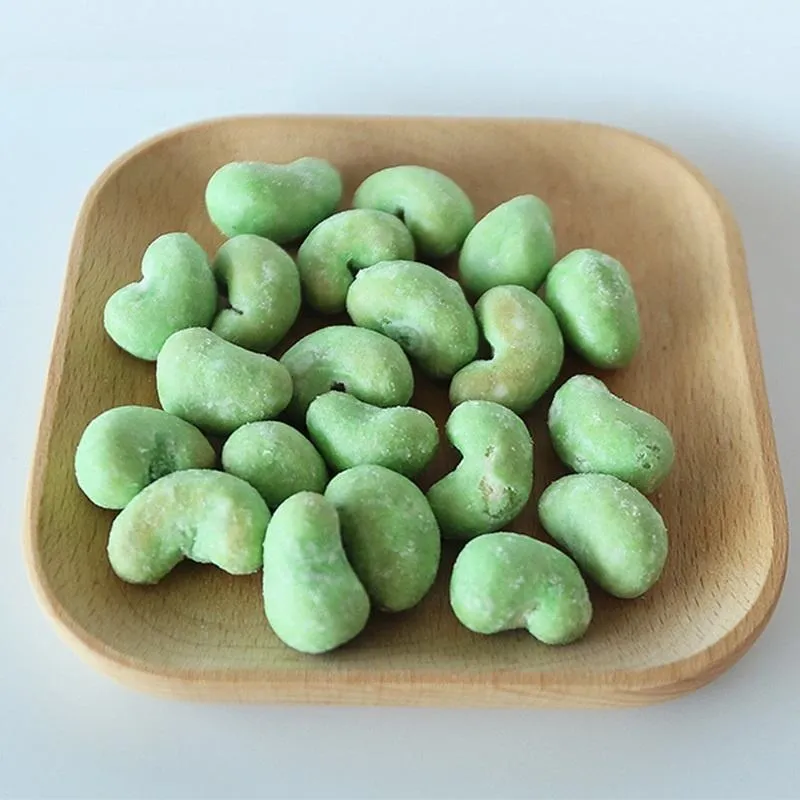
Advanced processing facilities equipped with cutting-edge technology are prevalent in many of these countries. These facilities enable efficient shelling, cleaning, and packaging of the raw cashew nuts, ensuring that they meet international quality standards.
III. Advantages of Raw Cashew Nut Exporting Countries:
1. Cost-Effective Production:
Raw cashew nut exporting countries have the advantage of low labor and production costs. This allows them to offer competitive prices in the global market, attracting buyers and establishing themselves as reliable and cost-effective suppliers.
2. Diversified Market:
As a result of the widespread cultivation of cashew trees across multiple continents, sourcing cashews from different exporting countries ensures a diversified supply chain. This reduces the risk of supply disruptions and offers buyers an extensive range of options to meet their specific quality and quantity requirements.
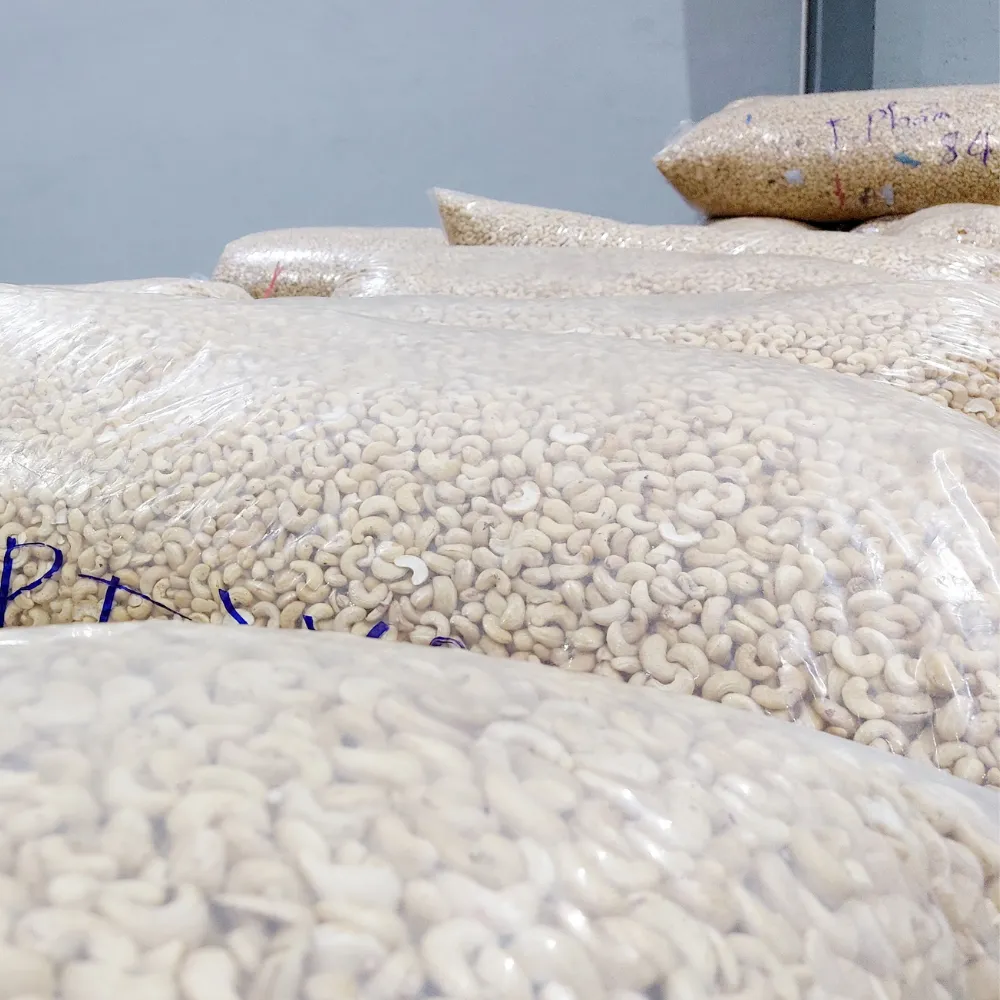
3. Consistent Quality:
Due to their experience and expertise, these countries consistently produce cashews of superior quality. By adhering to stringent quality control measures, they maintain a reputation for delivering raw cashews that meet international standards in terms of size, moisture content, and taste.
IV. Disadvantages of Raw Cashew Nut Exporting Countries:
1. Vulnerability to Climate Change:
Cashew production is highly susceptible to the impact of climate change. Extreme weather conditions, including droughts or heavy rains, can lead to decreased yields and affect the quality of cashew nuts. This vulnerability exposes exporting countries to the risk of fluctuating production and supply.
2. Dependency on International Market:
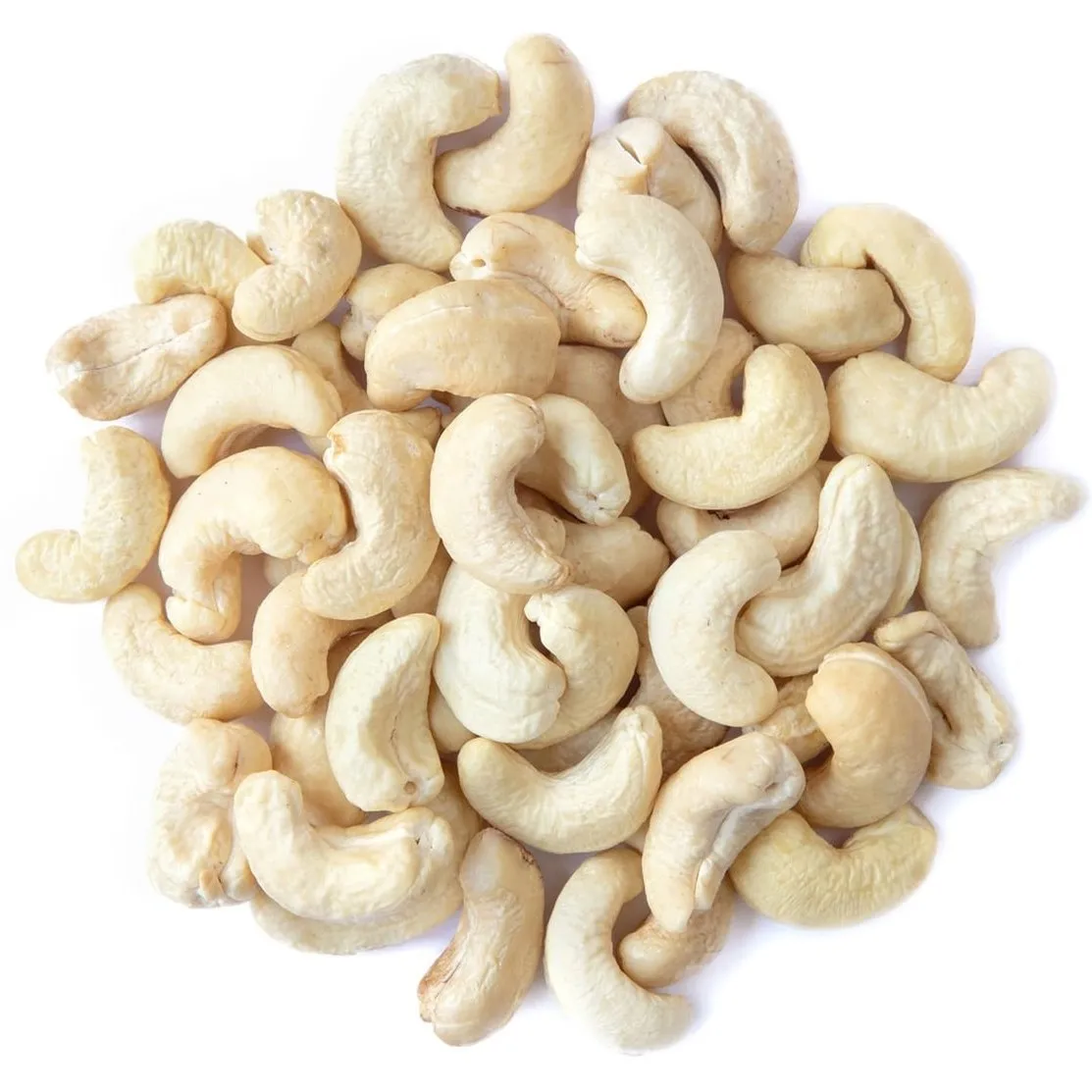
Raw cashew nut exporting countries heavily rely on international demand and market conditions. Any downturn in the global economy or a decrease in consumer demand can have a significant impact on export volumes and prices, affecting the economies of these nations.
Conclusion:
Raw cashew nut exporting countries play a pivotal role in meeting the global demand for this popular and versatile nut. With their vast cultivation, favorable climate conditions, and skilled labor force, these countries consistently produce high-quality cashews. While there are advantages such as cost-effectiveness and quality consistency, they also face challenges such as climate change vulnerability and dependency on the international market. Understanding these features and factors is crucial in grasping the dynamics of the raw cashew nut industry, enabling stakeholders to make informed decisions in this thriving market.





